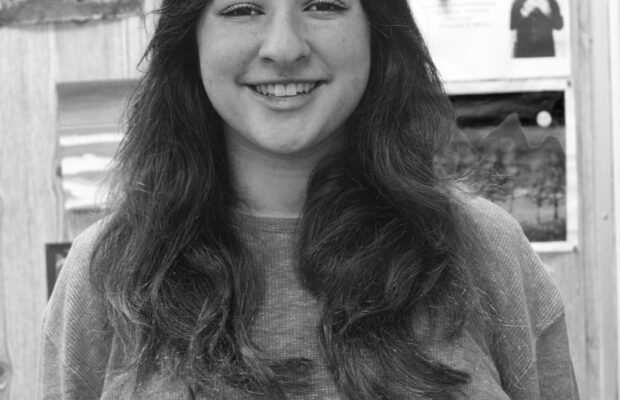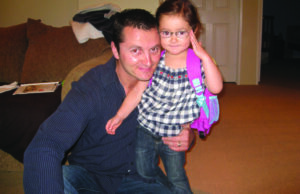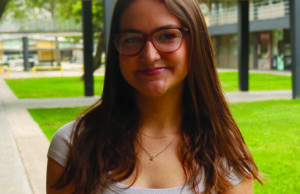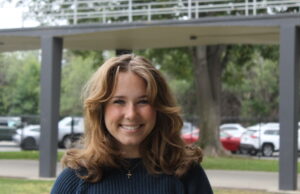Growing up Jewish during the holiday season

Strolling through the local Target and inevitably laying my eyes on the bright, giant Christmas tree used to be my least favorite holiday occurrence. To me, it was a reminder of the pathetic one-shelf display of Hanukkah stickers that resided in the very back corner of the store. I would beg my mom to ask an employee to see if they had any more decorations for my holiday, not yet accepting the reality that Christmas was much more globally, and commercially, celebrated than Hanukkah.
I knew the story of Hanukkah as well as I did Christmas, but I failed to realize that this was only familiar to the Jewish American experience. I was bitter that I had to re-explain the “miracle of lights” every year whilst I knew the story of the birth of Christ, and the lyrics to Wham’s “Last Christmas’’ like the back of my hand. I was especially hurt when the kids in my class would feel sorry for me because I did not celebrate Christmas. They were sorry I didn’t get to wake up early in the morning to open presents, to decorate the tree, and set out cookies and milk for Santa. Eventually, they convinced me to be sorry for myself too.
For many years following, I was jealous. I felt like an outsider. I didn’t get to have all the movies, songs, decorations and parties like my friends had. Adam Sandler was my Mariah Carrey. I hoped every year for Hanukkah to start in November so it would not feel as irrelevant if it overlapped with Christmas. I would even explain this thought to people in an attempt to express my frustration, but it usually ended in a conversation with me explaining the existence of the Jewish calendar. Though, when the sun set and it was time to light the candles with my family, I wholeheartedly embraced my culture. Smelling latkes frying, eating half-melted gelt, spinning the dreidel and singing Jewish parodies of mainstream songs are all experiences I attach to fond winter memories.
Thankfully, over time I matured and learned to be grateful for my Hanukkah traditions. I don’t remember exactly when this change occurred, but I obtained a whole new perspective on the holiday season. I felt as if I was finally able to open my eyes and mind to celebrate the different holidays as they always should have been: as a time of giving. It is a cliche, but an honest one. I recognized that no matter what holiday someone celebrates, everyone always seems to have a more cheerful, generous disposition. I realized that I might as well join them.
What I used to feel was a burden is now a blessing. Although I did not always view Hanukkah as a very happy time in my life, I wouldn’t have it any other way. Because of the internal struggle I used to have with my Jewish identity, I am more appreciative of my lifestyle and family than ever. I get the opportunity to educate people on the history of Hanukkah, the symbolic food and my culture; I can’t wait to do it all again next year.



